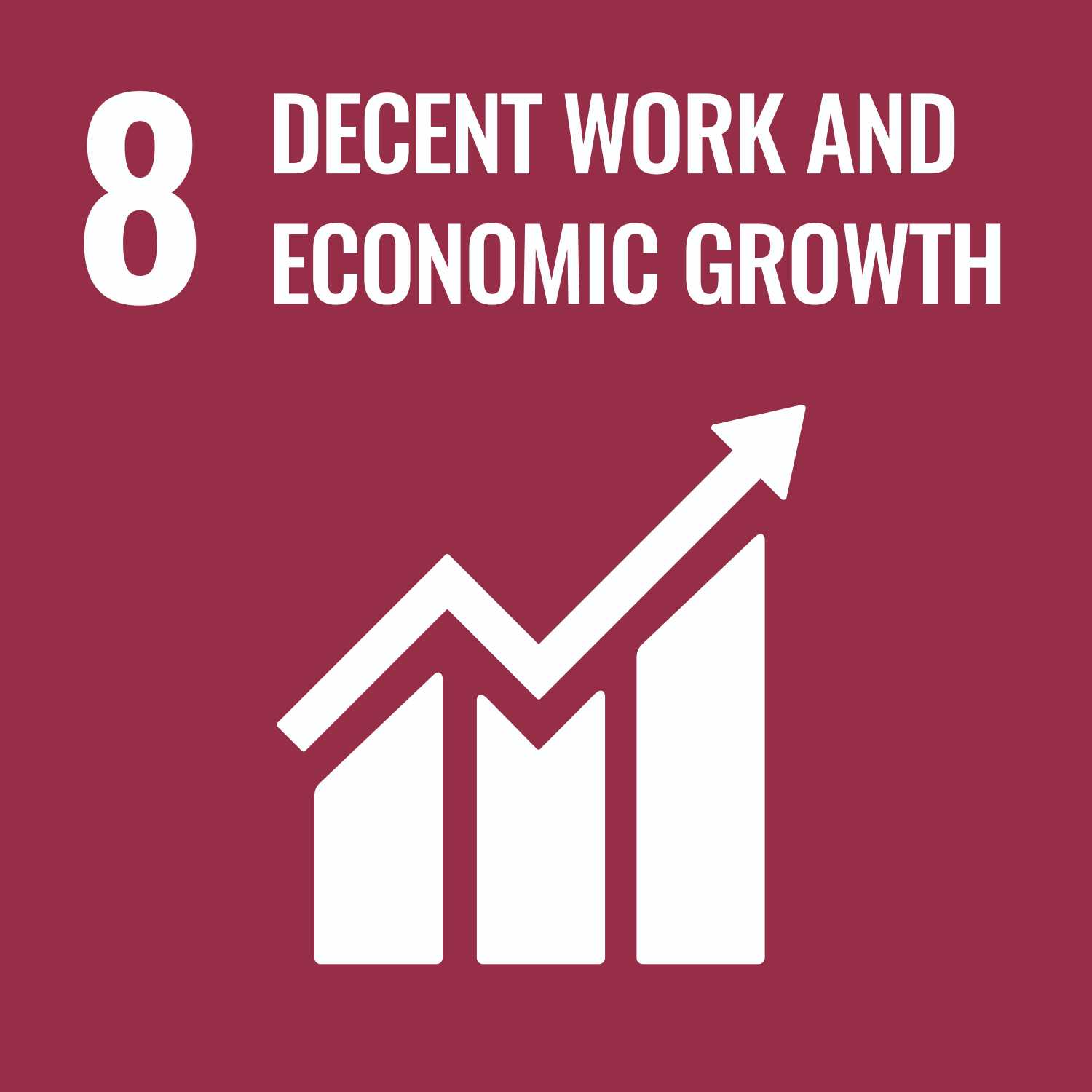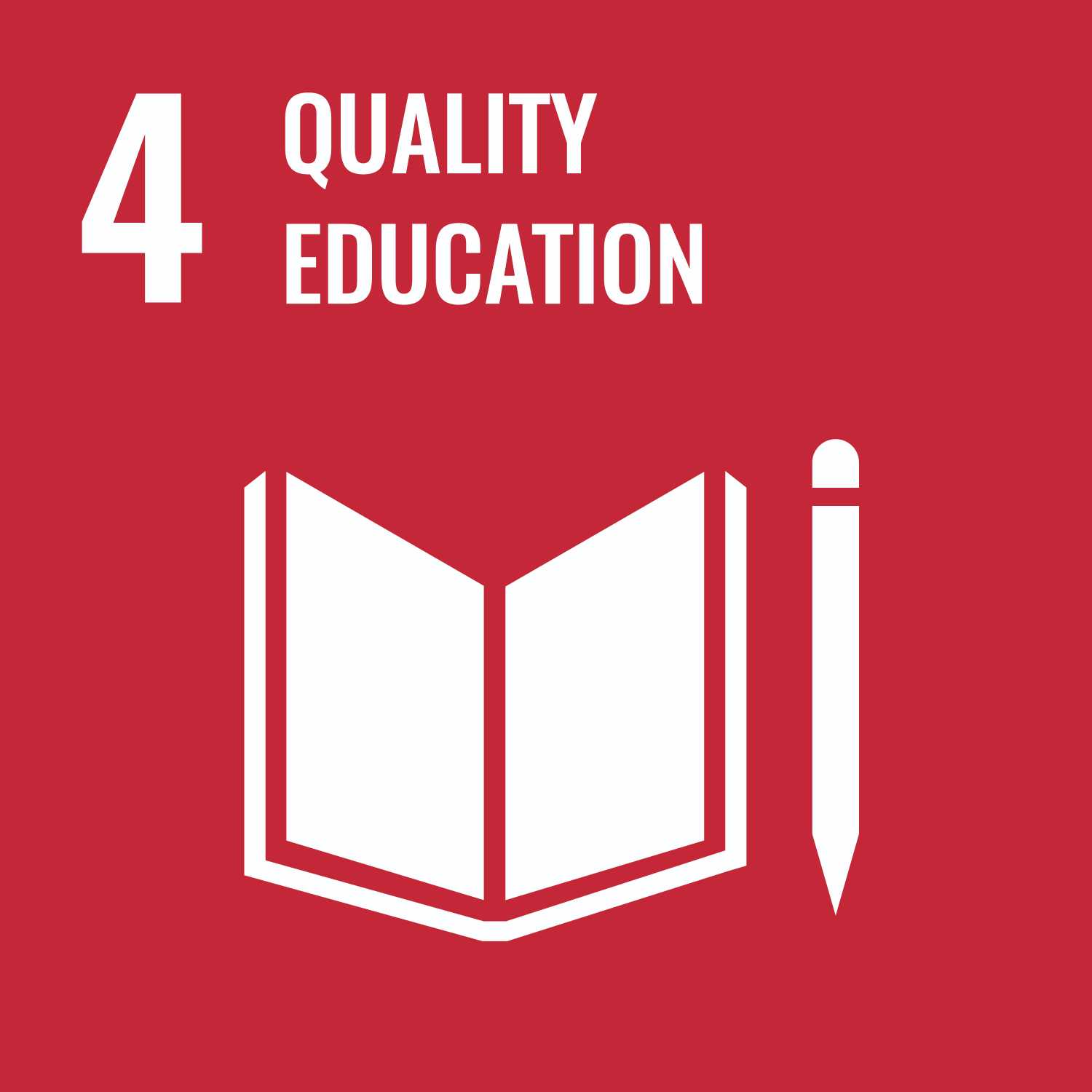

Department of Civil Engineering organized Five days FDP on Outcome Based Education in Civil Engineering at KPR Institute of Engineering and Technology, Coimbatore from 22.07.2024 and 26.07.2024.
Participants from Erode Sengunthar College of Engineering, Nandha Engineering College, KSR College of Engineering and Al-Ameen College of Engineering started attending the programme.
Day 1 Programme began with the Pre-assessment on Outcome based Education and Introductory session on OBE by Dr. G. Anusha, Head of the Department, Department of Civil Engineering elaborating its importance and the role of faculty members to adopt OBE in their regular academic practices. Further, participants introduced themselves and expressed their views and expectations from the FDP. Next session was handled by Mr. S. Yuvaraj, Assistant Professor (Sr.G), on Domains of learning. He discussed the different levels of revised bloom's taxonomy clearly explaining the circumstances in which it is to be used. He also deliberated the importance of RBT in framing the course outcomes, intended learning outcomes and while setting question paper.
Afternoon activity session was conducted by Dr. V. Rajeshkumar and Mr. S. Vinoth related to the domains of learning which reflects better understanding about the levels of learning to the participants.
Day 2 began with an interactive activity to deepen the understanding of the student state of mind in class. Subsequently, Mr. S. Vinoth, Assistant Professor, elucidated the concept of instructional objectives in OBE, emphasizing their role in clearly defining student learning outcomes.
The subsequent session was conducted by Dr. K.S. Elango, Associate Professor, elaborating the intended learning outcomes (ILOs), explaining their significance in course design and assessment. He provided practical examples of ILOs to illustrate their application.
Day 3 began with the session on "Learners centred pedagogy - understanding the individual learners,by Mrs. B. S. Meenakshi, which included a discussion of Kolb's experience learning methods, VARK models, and social emotional learning (SEL) methodologies through various SEL activities. She emphasized that social emotional learning provides teachers with the resources and methods they need to help students enhance their skill sets. SEL fosters the development of abilities in students, including social awareness, self-awareness, self-management, interpersonal skills and responsible decision-making.
Next session was handled by Mrs. R. Kavitha on "Aspects of Curriculum, Implementation, Monitoring, and Evaluation". She elaborated the key components involved in developing and sustaining effective educational programs. Key topics discussed during the session were Curriculum design frameworks , Aligning educational objectives with standards, Effective methods for deploying curriculum in educational settings, Techniques for continuous oversight of curriculum implementation and Systematic assessment of curriculum effectiveness. During the afternoon session, activities on Design Thinking were conducted for the participants.
Day 4 of our Faculty Development Programme on "Outcome Based Education in Civil Engineering" began with an activity related to CO framing.
Session 1 was handled by Mr. S. Yuvaraj on the topic "Technology Tools for Learning, Assessment and Evaluation". He insisted that usage of such tools will improve the students performance which can be measured. Demonstration on the usage of various assessment tools which can be incorporated during regular classes were also presented for better understanding and usage of such tools.
Session 2 was handled by Dr. V. Rajeshkumar on CO-PO mapping with attainment calculation. He explained the process carried out for mapping and showcased sample attainment calculations made for subjects. Participants interacted very well and got their doubts clarified.
Afternoon activity was related to target attainment and obstacles that come as hurdles in attaining it. Participants actively participated and enjoyed the session.
On Day 5 of the FDP on "Outcome Based Education in Civil Engineering", Dr. G. Anusha, Head of the Department, briefly elaborated the new NBA SAR draft for Tier-I institutions. She highlighted the changes made in the new draft and emphasized faculty participants to practice OBE activities for their regular academic process.
Session 2 was handled by Mr. S. Yuvaraj on "Outcome based activities to be followed in classroom". He illustrated the activities followed in regular academic practice by making the participants to actively involve themselves during the session. Participants were exposed to different techniques to engage the students in an effective manner. During afternoon session, an assessment was conducted to evaluate their understanding in OBE. Later feedback from participants were obtained and certificates were distributed.
21st Century Engineering College in Coimbatore
World is transforming everyday. In the rapidly evolving engineering landscape, we have an Increased responsibility to transform the engineering education from traditional curriculum to meet the 21st century skills like Creativity, Critical Thinking, Collaboration and Communication. Through our unique and strategic approach we enable our students to learn beyond and prepare them for life long success.
